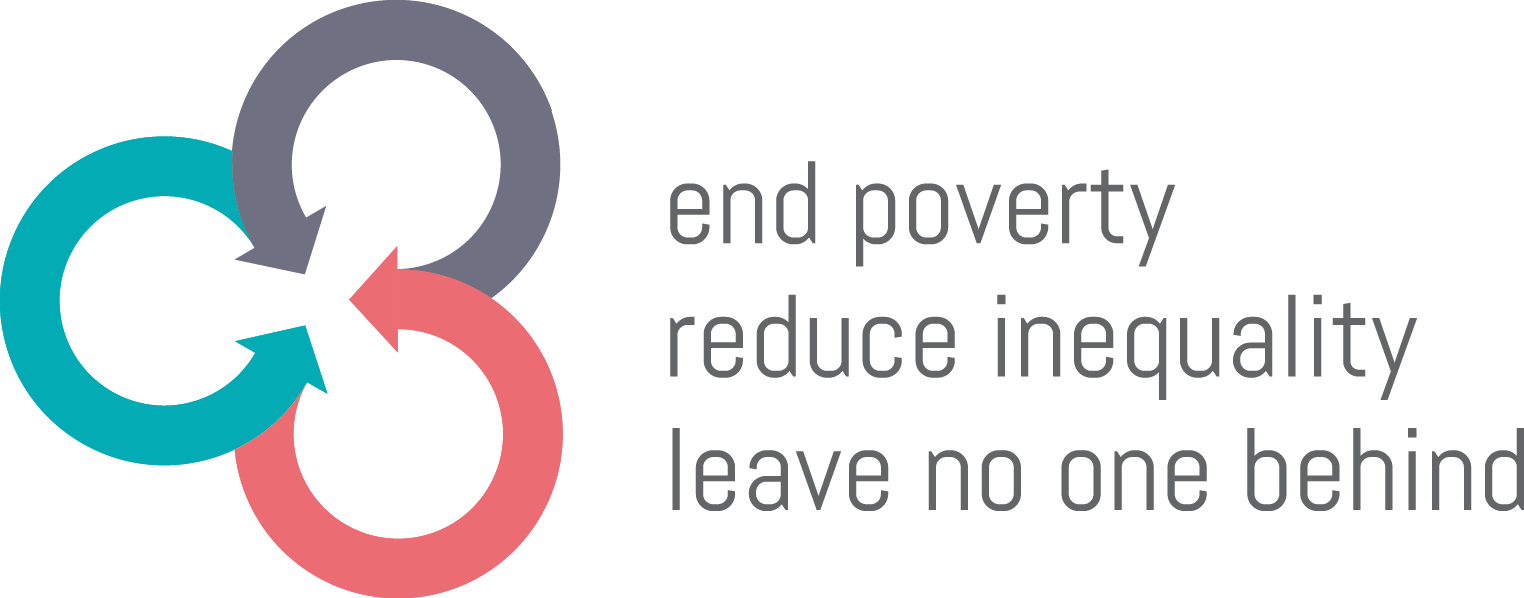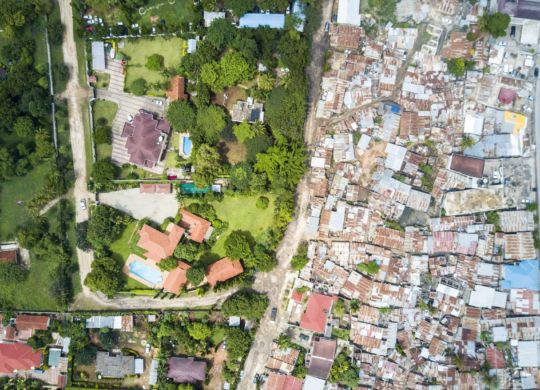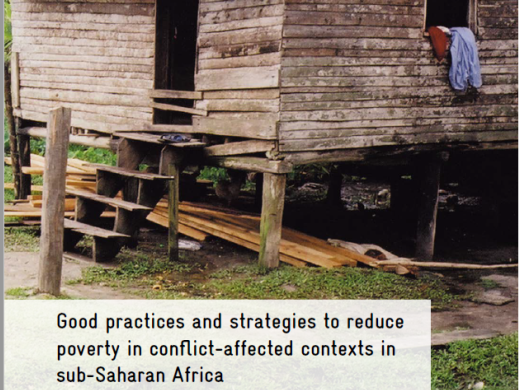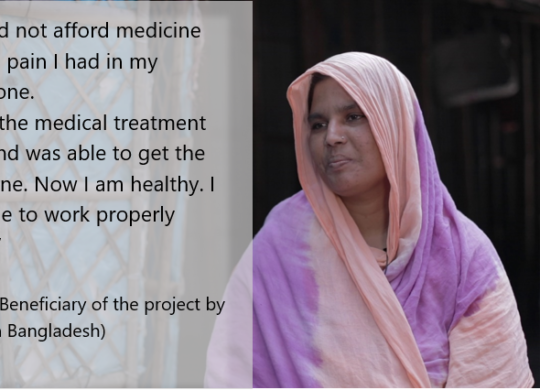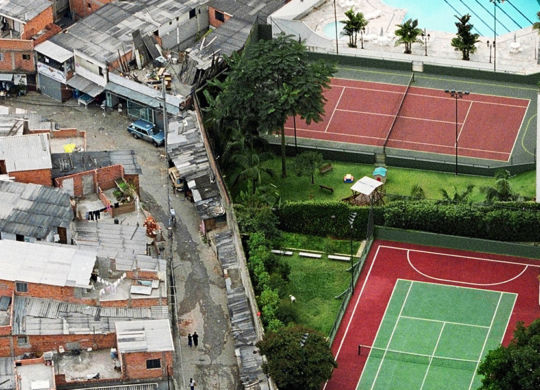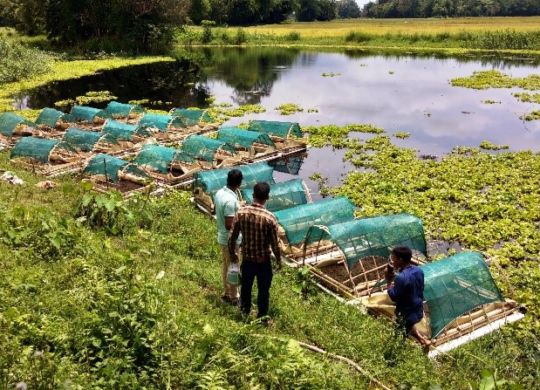Our first Professional Online Training Course on Inequalities successfully ended on 19 November 2020. It welcomed participants from 10 different countries in Africa, Asia and Latin America to effectively discuss how reducing inequalities creates ground for integrated policy-making that combines the economic, social and environmental dimensions at all levels.
This manual outlines effective strategies to better consider the interplay between poverty and fragility, conflict and violence in programs and policies in sub-Saharan Africa (SSA), where most of the people living in extreme poverty reside today.
The piloting-phase of the Inequality Challenge Innovation Fund ended with results that exceeded any expectations. Ten projects in ten countries contributed to reducing inequality and to advancing the Agenda 2030 principle to Leave No One Behind – find more information about individual experiences here.
Reducing inequalities is both a stand-alone and crosscutting objective in the implementation of the 2030 Agenda. The Professional Online Training Course on Inequalities offers to identify policies, which effectively reduce inequalities and share best practices. In addition, it aims to lay the foundation for integrated policy-making that combines the economic, social and environmental dimensions at all levels
The piloting-phase of the Inequality Challenge Innovation Fund ended with results that exceeded any expectations. Ten projects in ten countries contributed to reducing inequality and to advancing the Agenda 2030 principle to Leave No One Behind. During the just launched upscaling-phase three projects in India, Nigeria and Serbia will be supported with an upscaling grant.
